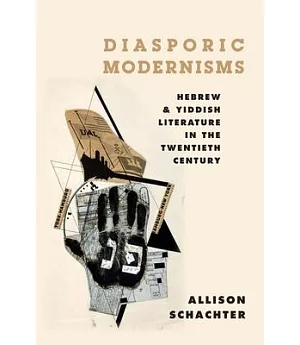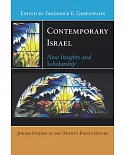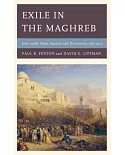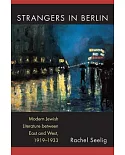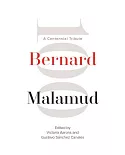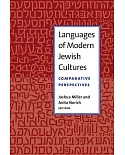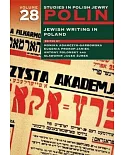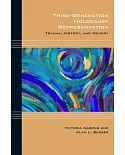Pairing the two concepts of diaspora and modernism, Allison Schachter formulates a novel approach to modernist studies and diasporic cultural production. Diasporic Modernisms
illuminates how the relationships between migrant writers and dispersed readers were registered in the innovative practices of modernist prose fiction. The Jewish writers discussed-including S.
Y. Abramovitsh, Yosef Chaim Brenner, Dovid Bergelson, Leah Goldberg, Gabreil Preil, and Kadia Molodowsky--embraced diaspora as a formal literary strategy to reflect on the historical conditions
of Jewish language culture. Spanning from 1894 to 1974, the book traces the development of this diasporic aesthetic in the shifting centers of Hebrew and Yiddish literature, including Odessa,
Jerusalem, Berlin, Tel Aviv, and New York. Through an analysis of Jewish writing, Schachter theorizes how modernist literary networks operate outside national borders in minor and non-national
languages.
Offering the first comparative literary history of Hebrew and Yiddish modernist prose, Diasporic Modernisms argues that these two literary histories can no longer be separated by
nationalist and monolingual histories. Instead, the book illuminates how these literary languages continue to animate each other, even after the creation of a Jewish state, with Hebrew as its
national language.

